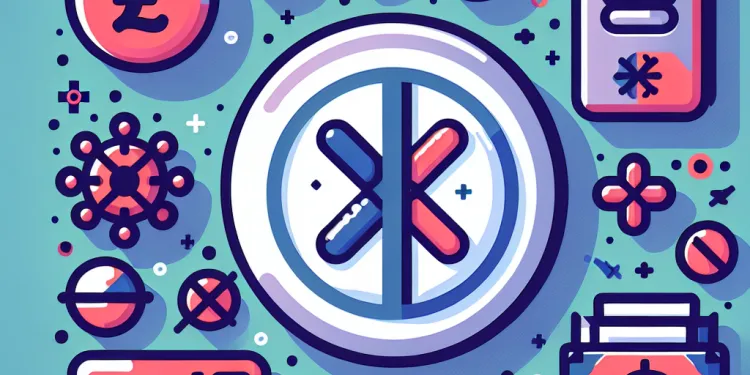
Find Help
More Items From Ergsy search
-
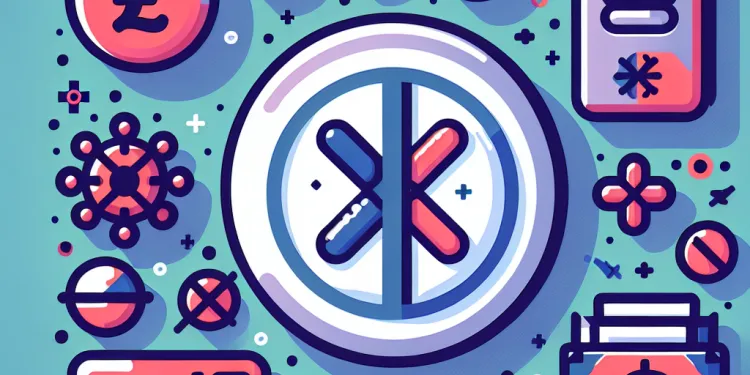
Why is antibiotic resistance a concern with gonorrhoea?
Relevance: 100%
-

What antibiotics are used to treat gonorrhoea?
Relevance: 79%
-
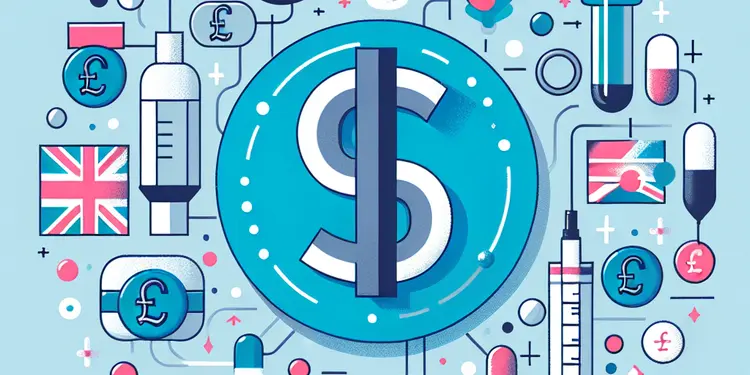
What is antibiotic resistance?
Relevance: 72%
-

Why is antibiotic resistance a problem?
Relevance: 69%
-

Antibiotics and You: An introduction to antibiotic resistant infections
Relevance: 65%
-

Is there a vaccine for gonorrhoea?
Relevance: 64%
-

What is Gonorrhoea?
Relevance: 62%
-

Can taking antibiotics frequently cause resistance?
Relevance: 61%
-
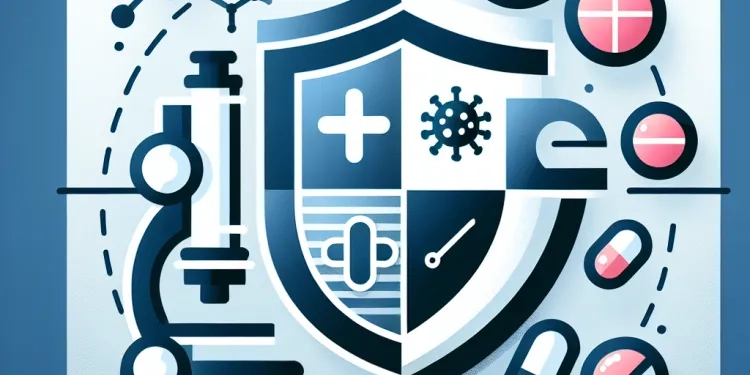
Can the bubonic plague become resistant to antibiotics?
Relevance: 60%
-

Can you still get gonorrhoea after treatment?
Relevance: 58%
-
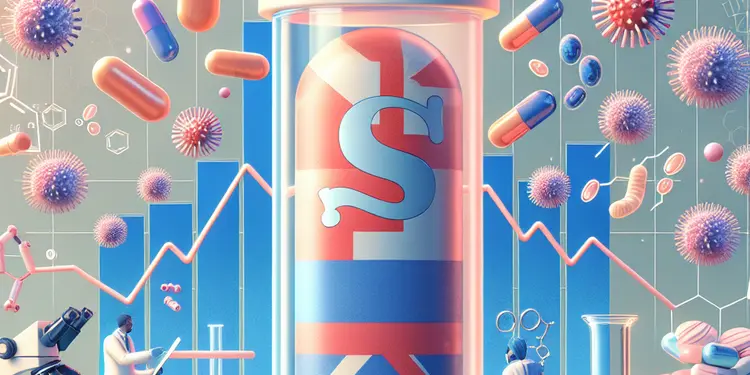
Efforts to Combat Antibiotic Resistance Gain Momentum with New Research Initiatives
Relevance: 55%
-

How is gonorrhoea diagnosed?
Relevance: 48%
-
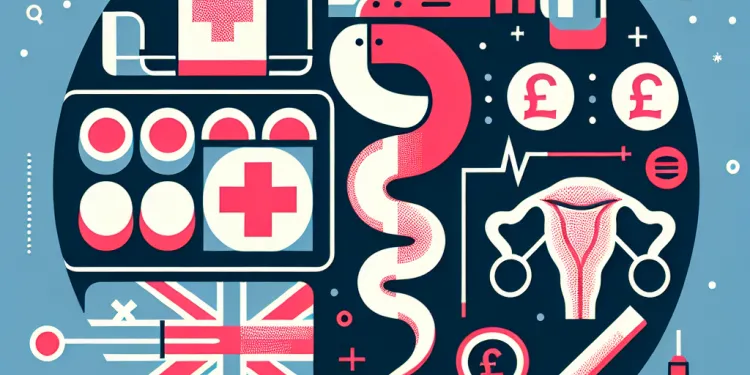
Can gonorrhoea be asymptomatic?
Relevance: 47%
-

How is gonorrhoea transmitted?
Relevance: 46%
-

Can gonorrhoea infect areas other than the genital organs?
Relevance: 46%
-

Is it bad to take antibiotics?
Relevance: 45%
-

What should one do if they suspect they have gonorrhoea?
Relevance: 45%
-
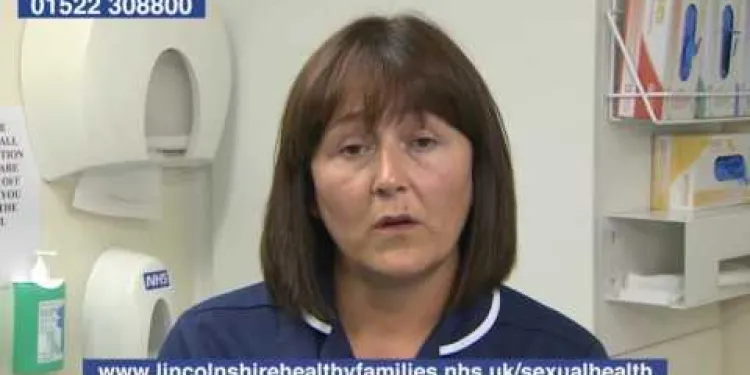
The symptoms of gonorrhoea
Relevance: 44%
-

Can taking antibiotics be harmful?
Relevance: 44%
-
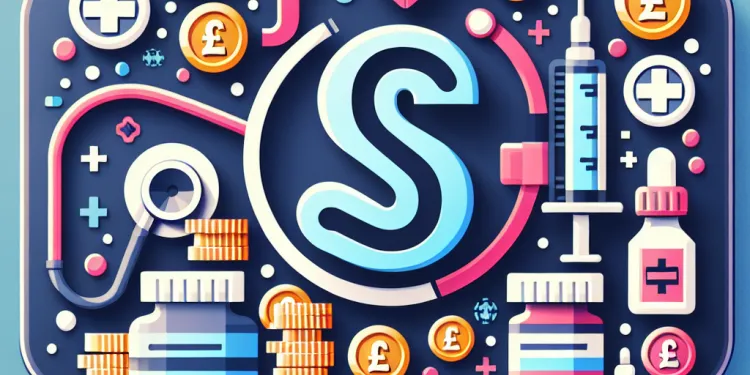
Is gonorrhoea treatable?
Relevance: 44%
-

Urine test for Gonorrhoea and Chlamydia
Relevance: 43%
-

Understanding Your Sexual Health - Gonorrhoea
Relevance: 43%
-

Are there any long-term effects of gonorrhoea?
Relevance: 43%
-

Is taking antibiotics always bad?
Relevance: 43%
-

Do antibiotics work on viral infections?
Relevance: 42%
-
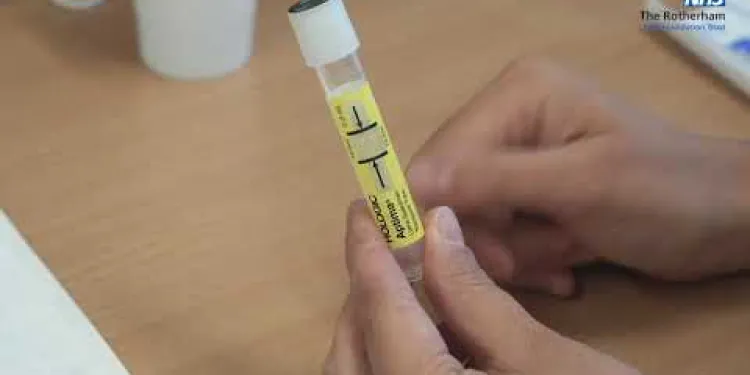
Urine test for Gonorrhoea and Chlamydia
Relevance: 42%
-
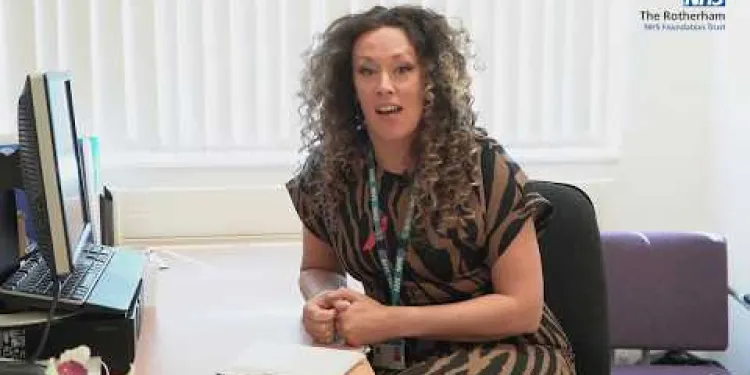
Vaginal Swab test for Gonorrhoea and Chlamydia
Relevance: 41%
-
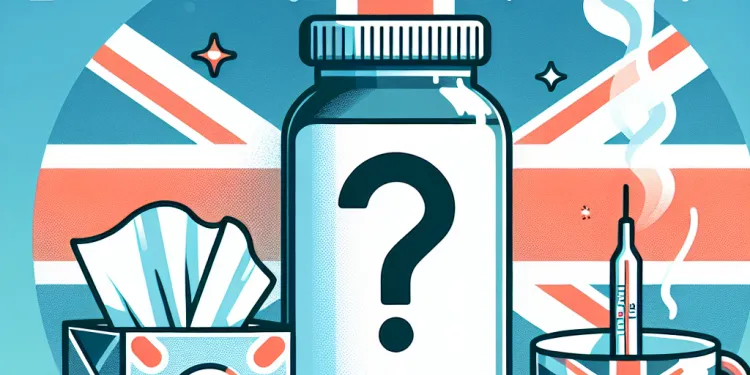
Can I take antibiotics for a cold?
Relevance: 41%
-
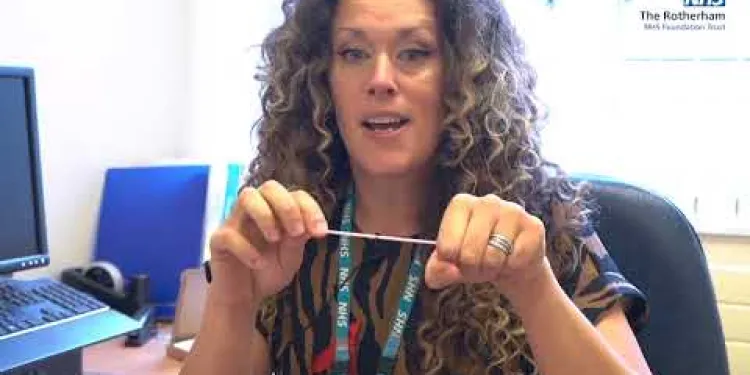
Rectal swab test for Gonorrhoea and Chlamydia
Relevance: 41%
-

Can gonorrhoea be prevented?
Relevance: 41%
-
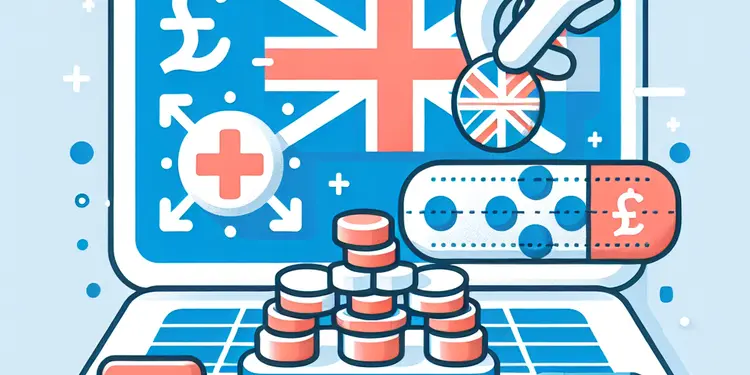
Should I stop taking antibiotics if I feel better?
Relevance: 40%
-

Pharyngeal swab for Gonorrhoea and Chlamydia
Relevance: 39%
-
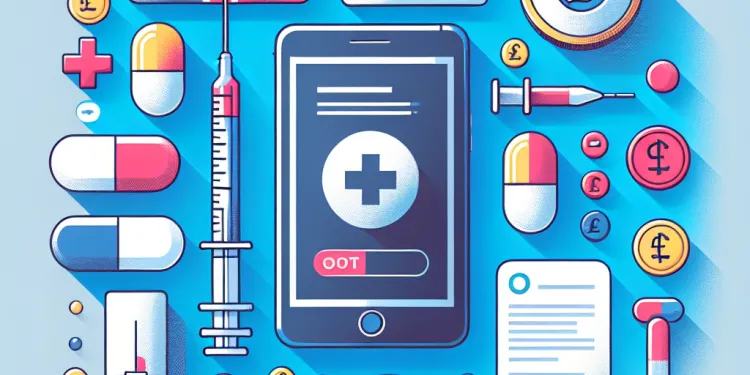
How often should one get tested for gonorrhoea?
Relevance: 39%
-

What are common side effects of antibiotics?
Relevance: 38%
-

Acute COPD in Adults: Antibiotics or not - Dr Nick Francis
Relevance: 37%
-

Can antibiotics treat norovirus?
Relevance: 33%
-
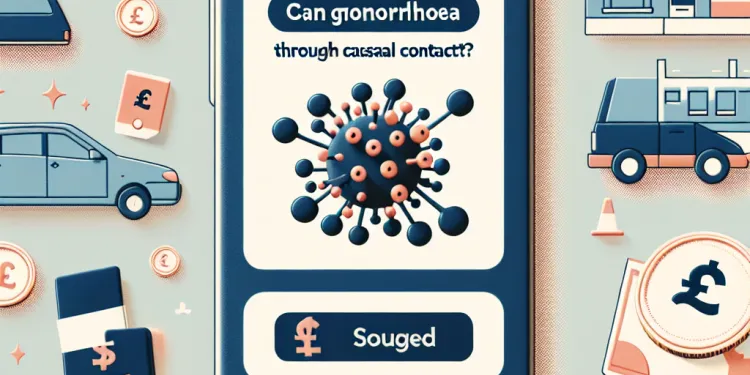
Can gonorrhoea be spread through casual contact?
Relevance: 32%
-

2 episodes of cellulitis and been given antibiotics but the redness doesn't seem to be improving?
Relevance: 32%
-
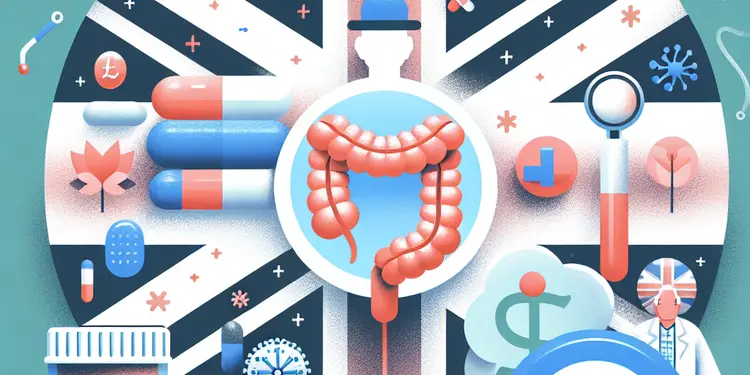
How do antibiotics affect gut health, especially in older adults?
Relevance: 31%
-
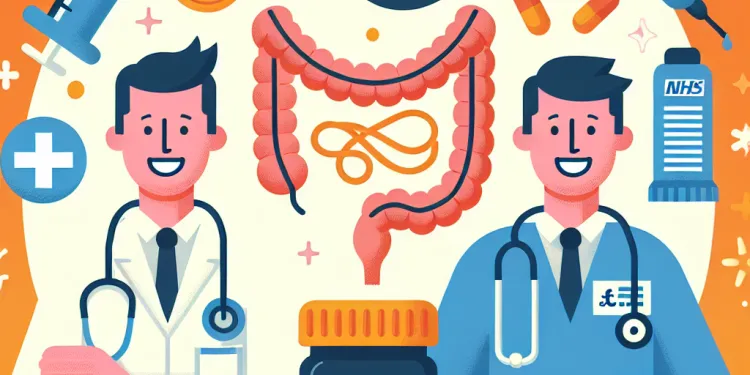
Can appendicitis be treated with antibiotics?
Relevance: 31%
Understanding Antibiotic Resistance in Gonorrhoea
Gonorrhoea, a sexually transmitted infection (STI) caused by the bacterium Neisseria gonorrhoeae, has long been a public health concern in the UK and globally. Known for its potential to cause serious reproductive health issues if untreated, gonorrhoea's treatment has historically relied on antibiotics. However, growing antibiotic resistance in this bacterium poses a significant public health challenge.
The Rise of Antibiotic Resistance
Antibiotic resistance occurs when bacteria evolve mechanisms to resist the effects of drugs that could once reliably cure them. For Neisseria gonorrhoeae, this resistance has been developing at an alarming rate. In the UK, healthcare providers have observed strains of gonorrhoea that are resistant to multiple antibiotics traditionally used to treat the infection, such as penicillin and tetracycline.
One of the main contributing factors to this resistance is the overuse and misuse of antibiotics. When antibiotics are used unnecessarily, or when patients fail to complete their prescribed courses, bacteria are exposed to the drugs in a way that encourages the development of resistance. Given the rapid transmission rates of gonorrhoea, resistant strains can quickly spread within communities, further compounding the issue.
Implications for Public Health
The implications of antibiotic-resistant gonorrhoea are profound. Without effective treatment, the risk of severe health complications increases, including pelvic inflammatory disease in women, which can lead to infertility, and an increased susceptibility to contracting other STIs, including HIV. For pregnant women, untreated gonorrhoea poses a risk to both the mother and the child.
In the UK, the rising resistance levels have prompted changes to national treatment guidelines. Typically, the treatment involves dual antibiotic therapy to enhance effectiveness and mitigate resistance. However, there remains an urgent need for ongoing surveillance and research to stay ahead of emerging resistant strains.
Measures to Combat Resistance
To combat antibiotic resistance in gonorrhoea, a multifaceted approach is necessary. Public health officials advocate for responsible antibiotic use and emphasize the importance of completing prescribed courses. Additionally, increasing public awareness about the dangers of antibiotic resistance and ensuring regular STI testing, especially for at-risk populations, are crucial steps in prevention and control.
Researchers are also focused on the development of new antibiotics and alternative treatments, as well as vaccines. Investing in these areas is essential to outpace the evolving threat of resistance.
Ultimately, controlling antibiotic-resistant gonorrhoea requires coordinated efforts between healthcare providers, researchers, and the public to maintain control over this persistent public health threat.
Understanding Antibiotic Resistance in Gonorrhoea
Gonorrhoea is an illness you can catch during sex. It is caused by a tiny germ called Neisseria gonorrhoeae. Gonorrhoea can make people very sick, especially if they don't get treated. Doctors usually treat it with medicine called antibiotics. But now, these medicines don't work as well because the germ has changed.
The Rise of Antibiotic Resistance
Antibiotic resistance means the germs learn how to stop the medicine from working. For the germ Neisseria gonorrhoeae, this is happening fast. In the UK, doctors see types of gonorrhoea that are hard to kill with common medicines like penicillin and tetracycline.
A big reason for this is using antibiotics too much or not the right way. When people take them wrong, the germs get used to the medicine and learn to fight back. Gonorrhoea spreads quickly, so these strong germs can easily move from person to person.
Implications for Public Health
This is a big problem for health. If we can't treat gonorrhoea, people can get very sick. Women can get a bad illness in their belly, which might stop them from having babies. People might also catch other illnesses easier, like HIV. For pregnant women, it is dangerous for both them and their babies.
In the UK, because the medicines don't work as well, doctors have changed how they treat gonorrhoea. They now use two different medicines to try and beat the germ. It’s very important to keep watching and studying these germs to find new ways to stop them.
Measures to Combat Resistance
To stop antibiotic resistance, we need to do many things. Health experts say we should use antibiotics carefully and always finish the full course given by the doctor. It is also important to talk about why antibiotic resistance is risky and to get regular checks for STIs, especially for people who may have a higher chance of catching them.
Scientists are working on making new medicines and vaccines. These are important to stay ahead of the germs that are learning to resist the old medicines.
In the end, stopping antibiotic resistance in gonorrhoea needs everyone working together—doctors, scientists, and people like you—to keep us all healthy.
Frequently Asked Questions
What is antibiotic resistance?
Antibiotic resistance occurs when bacteria change and become resistant to the antibiotics used to treat the infections they cause.
Why is gonorrhoea a concern for antibiotic resistance?
Gonorrhoea is a concern because the bacteria that cause it have shown a significant ability to develop resistance to multiple antibiotics.
Which bacteria causes gonorrhoea?
Gonorrhoea is caused by the bacterium Neisseria gonorrhoeae.
How common is antibiotic resistance in gonorrhoea?
Antibiotic resistance in gonorrhoea is increasingly common, making it harder to treat.
What antibiotics are used to treat gonorrhoea?
Traditionally, antibiotics like penicillin, tetracycline, and fluoroquinolones were used, but resistance has led to the use of ceftriaxone and azithromycin.
What are the implications of antibiotic-resistant gonorrhoea?
It can lead to limited treatment options, increased transmission, and complications including infertility and increased HIV transmission.
How does gonorrhoea develop antibiotic resistance?
The bacteria can mutate or acquire resistance genes from other bacteria, allowing them to survive antibiotic treatments.
Can antibiotic resistance in gonorrhoea spread between people?
Yes, resistant strains can be transmitted from person to person through unprotected sexual contact.
What global health initiatives are in place to combat antibiotic-resistant gonorrhoea?
WHO and CDC are among organizations monitoring resistance patterns and promoting guidelines for treatment and prevention.
Are there any new treatments being developed for antibiotic-resistant gonorrhoea?
Research is ongoing, and new treatments are being investigated, including novel antibiotics and vaccine development.
How can antibiotic resistance in gonorrhoea be prevented?
Preventing infections through safe sex practices, regular screening, and proper antibiotic use can help prevent resistance.
What role do healthcare providers play in combating antibiotic-resistant gonorrhoea?
Providers are crucial in diagnosing accurately, prescribing the right antibiotics, and educating patients on prevention.
What happens if gonorrhoea becomes fully resistant to current antibiotics?
It could become a 'superbug,' making infections untreatable with current medications, leading to severe public health crises.
How can individuals reduce their risk of contracting antibiotic-resistant gonorrhoea?
Risk can be reduced by practicing safe sex, using condoms, and getting regular screenings if sexually active.
Is antibiotic resistance in gonorrhoea more common in certain regions?
Yes, resistance patterns vary globally, with some regions experiencing higher rates of resistant strains.
Can antibiotic-resistant gonorrhoea affect treatment costs?
Yes, resistant infections can lead to longer, more complex, and more expensive treatment courses.
Is there a vaccine for gonorrhoea?
Currently, no vaccine exists for gonorrhoea, but research is ongoing to develop one.
How does antibiotic resistance impact public health beyond gonorrhoea?
Antibiotic resistance in gonorrhoea reflects a broader issue that affects the treatment of various bacterial infections, leading to increased healthcare burdens.
What are the signs of gonorrhoea infection?
Symptoms can include painful urination, abnormal genital discharge, and inflammation, but many cases can be asymptomatic.
Why is early detection of gonorrhoea important in managing antibiotic resistance?
Early detection allows for prompt and appropriate treatment, reducing the chance of the bacteria developing further resistance.
What is antibiotic resistance?
Antibiotic resistance is when germs (tiny bugs) change. The medicine (antibiotics) used to kill the germs does not work anymore. This means the germs stay strong and can make us sick.
Things that can help you understand:
- Picture books about germs and medicine can help.
- Ask a grown-up to explain things if they're confusing.
- Watch videos for kids about antibiotics and germs.
Antibiotic resistance happens when germs change so the medicine used to kill them doesn't work anymore.
Why is gonorrhea hard to treat with medicine?
Gonorrhea is an illness. It is hard to treat because medicines do not always work. Some germs stop responding to the medicine. This is called resistance.
Support tips:
- Ask a doctor if you have questions.
- Use pictures or videos to learn more.
- Write down new words and what they mean.
Gonorrhoea is a worry because the germs that cause it can stop medicine from working.
What germ causes gonorrhea?
Gonorrhoea is an illness. It is caused by tiny germs called Neisseria gonorrhoeae.
How often do medicines not work for gonorrhoea?
Let's talk about gonorrhoea, which is an illness. Sometimes, the medicine that is supposed to make it better doesn't work. This is called "antibiotic resistance."
When antibiotic resistance happens, the germs that cause the illness become stronger. This makes it hard for doctors to find medicine that will help.
Here are some ways to learn more:
- Ask your doctor questions if you don't understand.
- Use simple words to talk about how you feel.
- Find someone who can help explain things, like a family member.
It's getting harder to treat gonorrhea because the germs are not being killed by medicine like before.
What medicines help with gonorrhoea?
If you have gonorrhoea, doctors give you special medicine called antibiotics. These medicines help you feel better. Your doctor will know which medicine is best for you.
If reading is hard, you can:
- Ask someone to read with you.
- Listen to the information if it's available in audio.
- Write down questions to ask your doctor.
In the past, doctors used medicines called antibiotics like penicillin, tetracycline, and fluoroquinolones to kill germs. But now, germs have become stronger. So, doctors use different antibiotics called ceftriaxone and azithromycin.
What happens if gonorrhea can't be treated with antibiotics?
Gonorrhea is a sickness you can get. Usually, doctors give medicine called antibiotics to make it go away.
If the germs get too strong and the antibiotics don't work, this is called "antibiotic-resistant gonorrhea." This means the medicine can't make the sickness go away.
This can be a big problem because gonorrhea can make people very sick if it is not treated.
It's important to go to the doctor and follow their advice if you think you have gonorrhea.
To learn more, you can use picture cards or watch videos that explain how germs and medicine work.
This can make treatment options few, spread the illness to more people, and cause problems like not being able to have babies and spreading HIV more easily.
How does gonorrhoea stop medicine from working?
Bacteria are tiny creatures that can change or get special genes from other bacteria. This helps them live even when doctors give medicine to kill them.
Can gonorrhoea that can't be cured with medicine spread to others?
Gonorrhoea is an infection. Usually, doctors use medicine called antibiotics to make people better. But sometimes the bacteria in gonorrhoea learn ways to not be affected by these medicines.
This is called "antibiotic resistance." It means the medicine doesn't work as well.
Yes, gonorrhoea that can't be cured with some medicines can spread. It spreads through close contact, like when adults share hugs, kisses, or have sex.
If you think you might have gonorrhoea, see a doctor. They can help and give advice.
Remember to tell partners, so they can get checked too.
If reading is hard, try asking someone you trust to help you understand. It’s also okay to ask doctors to explain things clearly.
Yes, these germs can spread from one person to another when people have sex without using protection.
How is the world fighting against gonorrhoea that does not get better with usual medicine?
Doctors and helpers around the world are working together. They have special plans to stop this problem. They share ideas, learn, and use new ways to help.
If you want to find out more, ask a doctor or look for books and videos that explain it simply.
WHO and CDC are groups that watch how germs change and help doctors know how to treat and prevent sickness.
Are there new ways to treat antibiotic-resistant gonorrhoea?
Scientists are working on new medicines to treat gonorrhoea that does not respond to antibiotics.
Doctors and researchers are trying hard to find ways to help people who have this problem.
If you want to learn more or need help, you can:
- Ask your doctor for advice.
- Visit a health clinic.
- Read simple health guides online.
Scientists are still working hard. They are looking for new medicines and vaccines to help people stay healthy.
How can we stop gonorrhoea from not responding to antibiotics?
Gonorrhoea is an illness that makes people sick. Sometimes medicine called antibiotics do not work to make people better.
Here's how we can help stop this from happening:
- Use condoms when having sex. This can stop the illness from spreading.
- Take all your medicine if a doctor gives it to you. Don't stop, even if you feel better.
- Go to the doctor if you feel sick. They can help you quickly.
- Tell your partners to get checked by a doctor too.
Using these ways can help keep everyone healthy!
We can stop infections by practicing safe sex, getting regular health check-ups, and using medicine correctly. This can help stop germs from getting stronger and harder to treat.
How do doctors and nurses help fight super-strong gonorrhoea?
Doctors and nurses have big jobs. They help stop super-strong gonorrhoea germs. Here is what they do:
- Test: They check if someone has the germ.
- Treat: They give medicine to make people better.
- Educate: They teach how to stay safe from germs.
- Watch: They look out for new germs that are hard to treat.
To help understand better, you can:
- Use pictures and videos.
- Ask questions if you are unsure.
- Use simple language when talking to doctors and nurses.
Doctors and nurses are very important. They find out what is wrong, give the right medicine, and teach people how to stay healthy.
What if medicines stop working on gonorrhoea?
Gonorrhoea is a sickness. We use medicine called antibiotics to make it better.
Sometimes, the medicine might not work anymore. This means gonorrhoea becomes stronger than the medicine.
If this happens, it is harder to get better from gonorrhoea.
To help understand, you can:
- Ask a doctor or nurse to explain more.
- Use picture books about germs and medicine.
This bug might be so strong that our usual medicines can't help. This could make people very sick, and doctors might not know how to help them. This can be really bad for everyone's health.
How can people stay safe from antibiotic-resistant gonorrhoea?
Antibiotic-resistant gonorrhoea is a type of infection that is hard to treat. Here are some ways to stay safe:
- Use condoms: Wear a condom every time you have sex. This helps stop the spread of germs.
- Get tested: Visit a doctor to check if you have any infections, even if you feel fine.
- Talk to your partner: Speak with the person you are having sex with about staying safe and getting tested.
- Limit partners: Try not to have many different partners. This can lower the chance of getting an infection.
- Ask the doctor: If you have any questions, talk to your doctor. They can help you learn more.
You can be safer by doing these things:
- Have safe sex.
- Use condoms.
- Visit the doctor regularly if you have sex.
Is gonorrhoea harder to treat in some places?
Yes, germs can become strong against medicine in different places. Some areas have more of these strong germs.
Does antibiotic-resistant gonorrhoea change how much treatment costs?
Yes, tough germs can make it take longer to get better. It can also make the treatment harder and cost more money.
Is there a medicine to stop getting gonorrhoea?
No, there isn’t a shot or medicine you can take to stop getting gonorrhoea.
But you can use condoms to help stay safe.
If you think you have gonorrhoea, it is important to see a doctor. They can give you a special medicine to make you better.
Using pictures or videos can help you understand more about gonorrhoea.
Right now, there is no vaccine for gonorrhoea. But scientists are working to make one.
How does antibiotic resistance affect health for everyone, not just with gonorrhoea?
Antibiotic resistance is when medicines don't work as well, or stop working, because the germs get stronger.
This is a big problem for our health. It doesn't just make it hard to treat gonorrhoea. It can make treating lots of infections harder, like chest infections or ear infections.
When the medicines don't work, people stay sick longer or get sicker. It can also spread to other people.
To understand better, watching simple videos about germs and medicine can help. Also, talking to a doctor or a nurse can give more good ideas.
Gonorrhoea is a type of infection that some people get. Sometimes, the medicine we use to make it better does not work anymore. This is happening with lots of infections, not just gonorrhoea. This makes it harder and more expensive for doctors and nurses to help people get better.
If you find this hard to read, you can use tools like text-to-speech. These tools can read the words out loud for you. Listening can make it easier to understand.
What are the signs of gonorrhoea infection?
Gonorrhoea is a germ that can make you sick. Here are signs you might have it:
- Pain when you pee.
- Peeing more often than usual.
- Unusual discharge from private parts.
- Pain in lower tummy.
- Bleeding between periods or after sex.
- Pain in testicles.
If you think you have gonorrhoea, go see a doctor. They can help. You can also use pictures or videos to better understand.
You might feel pain when you pee. You could notice something different coming from your private parts. Sometimes, your body might feel sore or puffy. But, sometimes, you might not feel anything at all.
Why is it good to find gonorrhoea early to stop it becoming too strong for medicine?
Finding the problem early helps doctors give the right medicine quickly. This makes it harder for germs to get stronger and harder to stop.
Useful Links
Have you found an error, or do you have a link or some information you would like to share? Please let us know using the form below.
-->
This website offers general information and is not a substitute for professional advice.
Always seek guidance from qualified professionals.
If you have any medical concerns or need urgent help, contact a healthcare professional or emergency services immediately.
Some of this content was generated with AI assistance. We’ve done our best to keep it accurate, helpful, and human-friendly.
- Ergsy carfully checks the information in the videos we provide here.
- Videos shown by Youtube after a video has completed, have NOT been reviewed by ERGSY.
- To view, click the arrow in centre of video.
- Most of the videos you find here will have subtitles and/or closed captions available.
- You may need to turn these on, and choose your preferred language.
- Go to the video you'd like to watch.
- If closed captions (CC) are available, settings will be visible on the bottom right of the video player.
- To turn on Captions, click settings .
- To turn off Captions, click settings again.
More Items From Ergsy search
-

Why is antibiotic resistance a concern with gonorrhoea?
Relevance: 100%
-

What antibiotics are used to treat gonorrhoea?
Relevance: 79%
-

What is antibiotic resistance?
Relevance: 72%
-

Why is antibiotic resistance a problem?
Relevance: 69%
-

Antibiotics and You: An introduction to antibiotic resistant infections
Relevance: 65%
-

Is there a vaccine for gonorrhoea?
Relevance: 64%
-

What is Gonorrhoea?
Relevance: 62%
-

Can taking antibiotics frequently cause resistance?
Relevance: 61%
-

Can the bubonic plague become resistant to antibiotics?
Relevance: 60%
-

Can you still get gonorrhoea after treatment?
Relevance: 58%
-

Efforts to Combat Antibiotic Resistance Gain Momentum with New Research Initiatives
Relevance: 55%
-

How is gonorrhoea diagnosed?
Relevance: 48%
-

Can gonorrhoea be asymptomatic?
Relevance: 47%
-

How is gonorrhoea transmitted?
Relevance: 46%
-

Can gonorrhoea infect areas other than the genital organs?
Relevance: 46%
-

Is it bad to take antibiotics?
Relevance: 45%
-

What should one do if they suspect they have gonorrhoea?
Relevance: 45%
-

The symptoms of gonorrhoea
Relevance: 44%
-

Can taking antibiotics be harmful?
Relevance: 44%
-

Is gonorrhoea treatable?
Relevance: 44%
-

Urine test for Gonorrhoea and Chlamydia
Relevance: 43%
-

Understanding Your Sexual Health - Gonorrhoea
Relevance: 43%
-

Are there any long-term effects of gonorrhoea?
Relevance: 43%
-

Is taking antibiotics always bad?
Relevance: 43%
-

Do antibiotics work on viral infections?
Relevance: 42%
-

Urine test for Gonorrhoea and Chlamydia
Relevance: 42%
-

Vaginal Swab test for Gonorrhoea and Chlamydia
Relevance: 41%
-

Can I take antibiotics for a cold?
Relevance: 41%
-

Rectal swab test for Gonorrhoea and Chlamydia
Relevance: 41%
-

Can gonorrhoea be prevented?
Relevance: 41%
-

Should I stop taking antibiotics if I feel better?
Relevance: 40%
-

Pharyngeal swab for Gonorrhoea and Chlamydia
Relevance: 39%
-

How often should one get tested for gonorrhoea?
Relevance: 39%
-

What are common side effects of antibiotics?
Relevance: 38%
-

Acute COPD in Adults: Antibiotics or not - Dr Nick Francis
Relevance: 37%
-

Can antibiotics treat norovirus?
Relevance: 33%
-

Can gonorrhoea be spread through casual contact?
Relevance: 32%
-

2 episodes of cellulitis and been given antibiotics but the redness doesn't seem to be improving?
Relevance: 32%
-

How do antibiotics affect gut health, especially in older adults?
Relevance: 31%
-

Can appendicitis be treated with antibiotics?
Relevance: 31%


